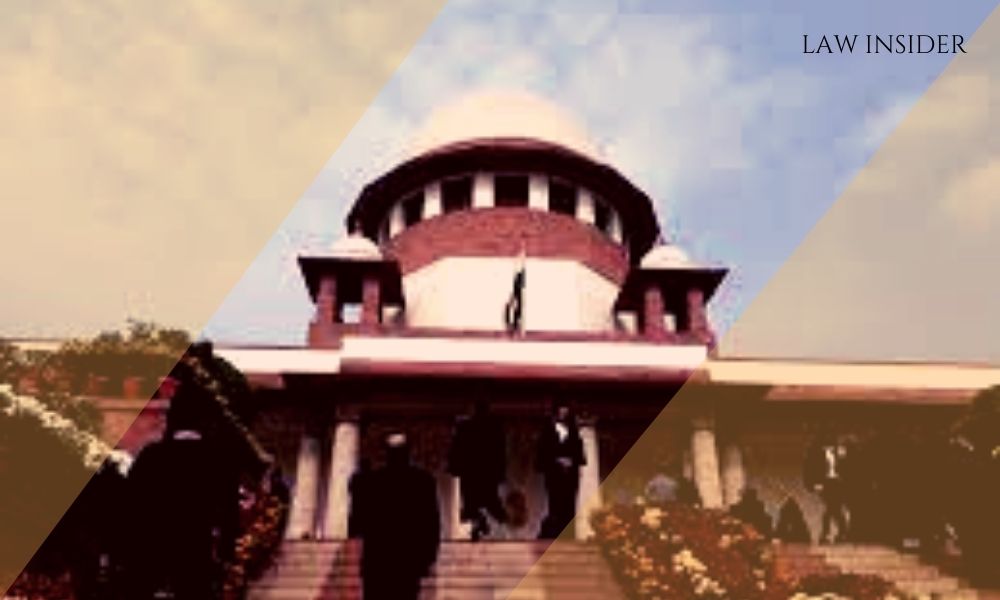LI Network
Published on: 2 August 2023 at 12:20 IST
The Supreme Court made an oral remark stating that the Right to Education does not grant individuals the right to choose a specific school, especially when it concerns the admission of disadvantaged children in private unaided schools.
The Court addressed this matter while hearing a batch of Special Leave Petitions (SLP). The lead case challenged a judgment from the Allahabad High Court, which directed the City Montessori School, Lucknow, to admit 13 students in Class-I and Nursery for the academic session 2015-16, in accordance with the Right of Children to Free and Compulsory Education Act, 2009, and the U.P. Right of Children to Free and Compulsory Education Rules, 2011.
Justice B.R. Gavai expressed during the hearing that the State should not be obligated to cover expenses for private school education when adequate facilities are available.
He emphasized that the Right to Education does not entail the privilege to choose any specific school and made a hypothetical example, stating that parents cannot demand admission to a prestigious school like Doon School at the government’s expense.
The case is significant due to the 2009 Act’s provisions, specifically Section 12(1)(c), which mandates every recognized school imparting elementary education to reserve at least 25% of Class-I seats for children from weaker sections and disadvantaged groups in the neighborhood.
This requirement applies even to unaided schools that do not receive any financial assistance from the government or local authorities.
During the hearing, the counsel for the Education Rights Trust highlighted an amendment to the RTE Act in Karnataka Rules, which provided complete exemption for private schools. This exemption meant that disadvantaged children could not seek admission to private unaided schools if a government school existed in their neighborhood area.
This amendment, upheld by the High Court, was challenged in one of the petitions.
The court discussed the concerns raised by private schools about reimbursement of fees under Section 22 of the RTE Act if they admitted disadvantaged children. The schools argued that this would result in double expenditure for the state since government schools would remain vacant.
In conclusion, the Supreme Court emphasized that the Right to Education does not entail the right to choose a specific school. It underscored the importance of inclusivity in education, ensuring that children from economically disadvantaged backgrounds have access to quality education.
The court’s ruling upheld the earlier direction to admit 13 students in the respective classes for the academic session 2015-16, adhering to the provisions of the Act and the government orders.

